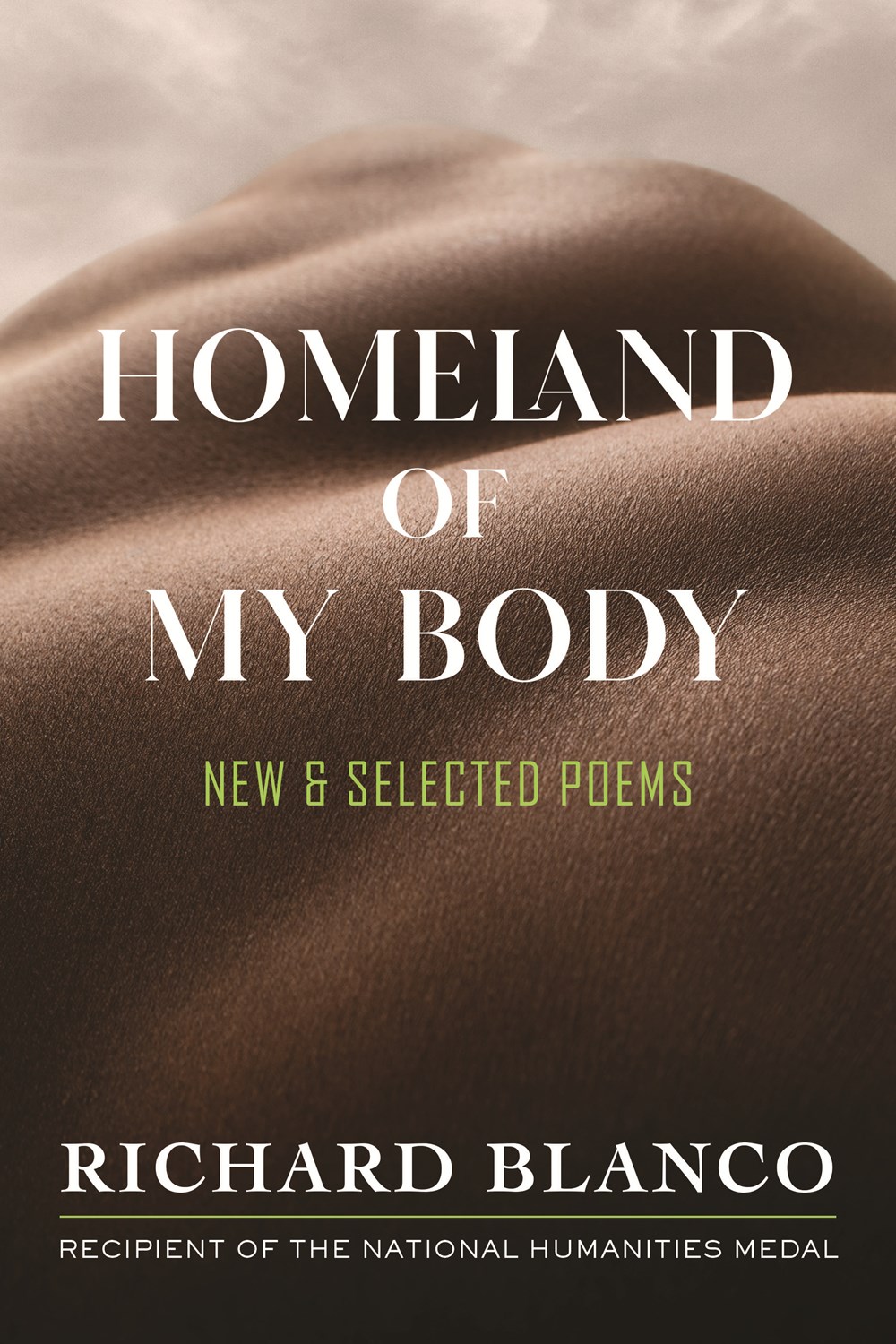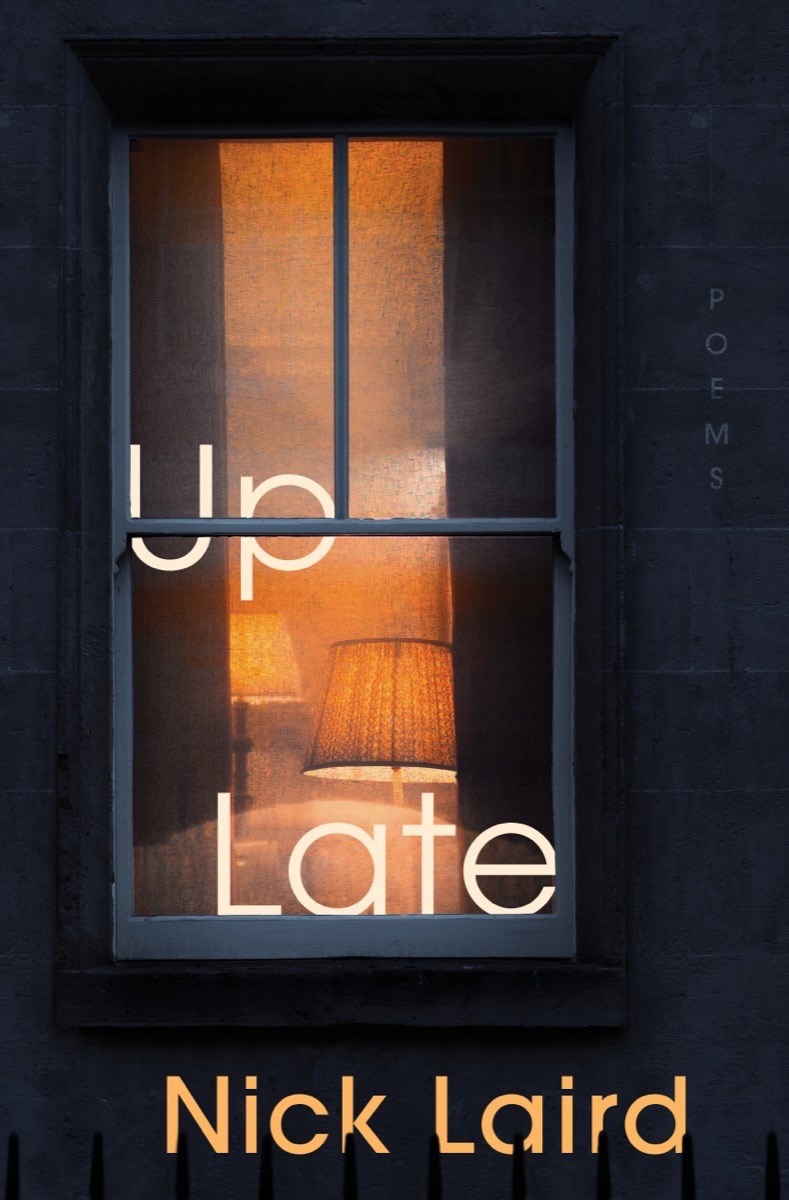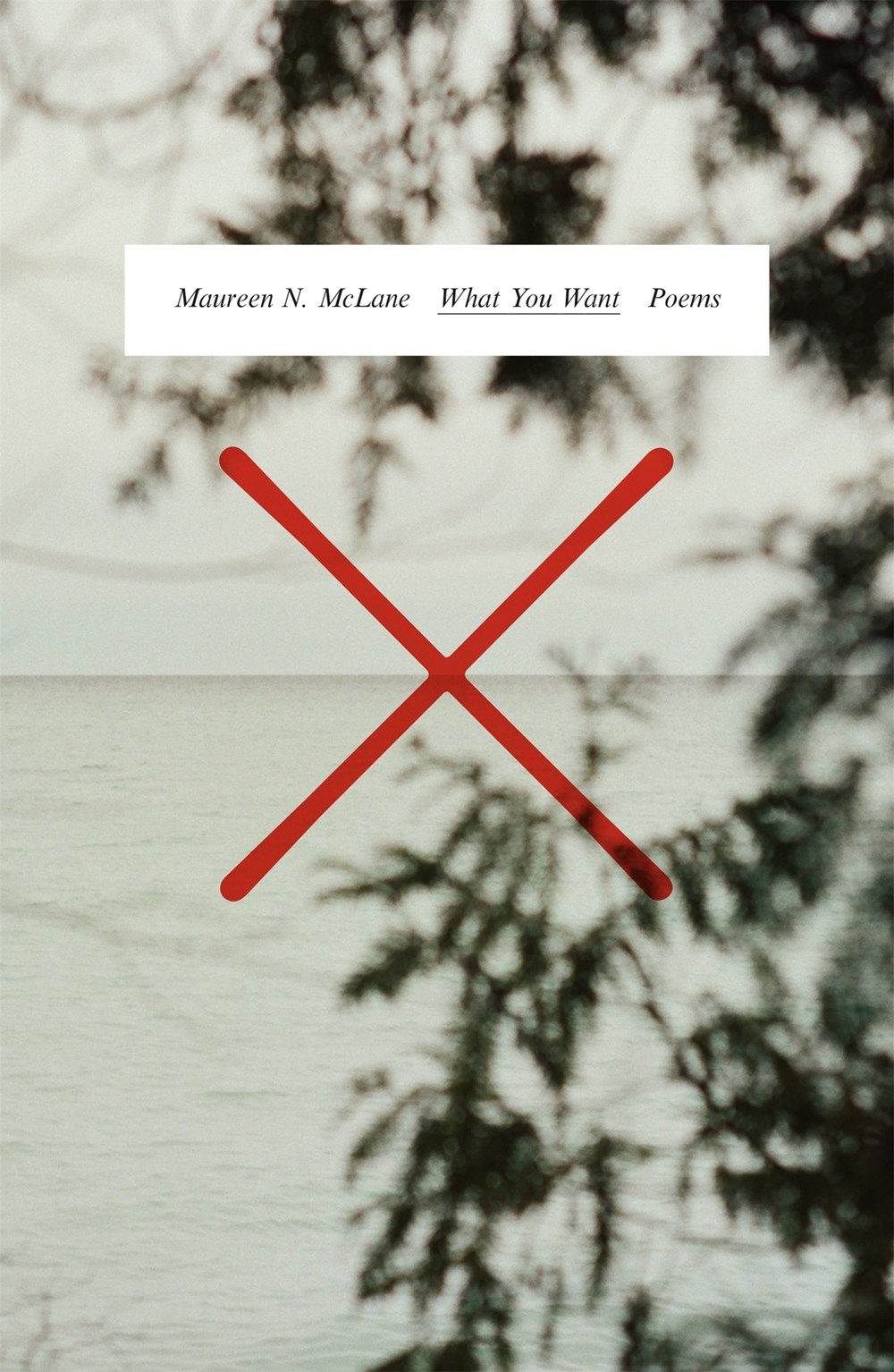Fred Muratori
95 Articles
Last 30 days
Last 6 months
Last 12 months
Last 24 months
Specific Dates
From:
To:
PREMIUM
Homeland of My Body: New and Selected Poems
Accessible and sincere, Blanco’s poems may sometimes play tag with unmasked sentiment, but they are equally capable of sharp commentary (“History’s most constant conceit: that to love/ a country justifies killing everyone who does/ not love it exactly as we wish”) and a keen engagement with contemporary American life.
Spectral Evidence: Poems
 Complex, linguistically rich, and unsparing in its analysis of both the current national psyche as well as the poet’s own, Pardlo’s poetry dares to ask: “What if we didn’t define ourselves according to our ability to know ourselves, but by our capacity to relate to others?”
Complex, linguistically rich, and unsparing in its analysis of both the current national psyche as well as the poet’s own, Pardlo’s poetry dares to ask: “What if we didn’t define ourselves according to our ability to know ourselves, but by our capacity to relate to others?”
PREMIUM
Up Late: Poems
While the poems in the last third of the book seem a shade lighter than those preceding them, this collection offers readers a satisfyingly rich palette of imagery and insight.
PREMIUM
The Many Hundreds of the Scent: Poems
McCrae’s innovative stylistics and associative leaps take some getting used to, but his poetry echoes his hope that “what once seemed strange to you/ Becomes your heart.”
What You Want: Poems
 The poetics of spontaneity is not unusual, but McLane brings to it a honed sensibility and voice entirely her own.
The poetics of spontaneity is not unusual, but McLane brings to it a honed sensibility and voice entirely her own.
PREMIUM
Pig: Poems
Some readers unfamiliar with Sax’s work may flinch at its unabashed sexuality, but the poet’s sharp humor, imaginative breadth, and risky candor are expertly tuned to the varieties of human experience.
The Study of Human Life
 Though Bennett’s poems seem effortless in their lyric grace (“the vanishing/ world of living things no louder than the sound/ of insects whimpering in their dust-sized sorrows”) and organic progressions, they are better described as effortful, given memorable presence by their intimacy, mindful craft, and visionary pursuit. Expect this work to appear on many “best poetry” lists for 2022.
Though Bennett’s poems seem effortless in their lyric grace (“the vanishing/ world of living things no louder than the sound/ of insects whimpering in their dust-sized sorrows”) and organic progressions, they are better described as effortful, given memorable presence by their intimacy, mindful craft, and visionary pursuit. Expect this work to appear on many “best poetry” lists for 2022.
PREMIUM
The End of Michelangelo
A timeless oasis of quietude in our contemporary maelstrom of uncertainty and apprehension, Gerber’s poetry vividly reminds us that while “the scale of pleasure ascends into terror…/ the pleasure is in being alive.”
PREMIUM
Turn Up the Ocean: Poems
Hoagland’s poetry earns the oft-misused adjective uncompromising for its directness in the face of reality’s “blithering whirlwind of wonder.” Though one wishes his life had not ended so soon, this collection will stand as a fitting capstone to a stellar poetic career.
ALREADY A SUBSCRIBER? LOG IN
We are currently offering this content for free. Sign up now to activate your personal profile, where you can save articles for future viewing










